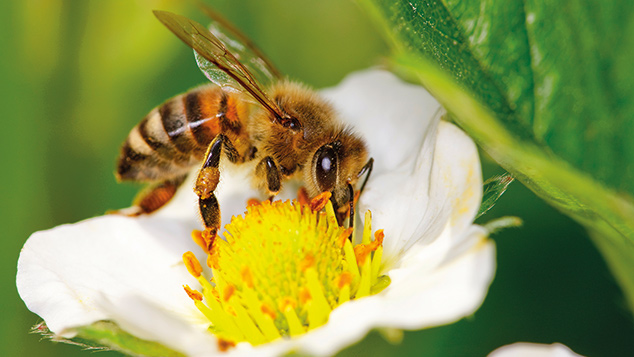
As the world’s population soars, new technologies and changing consumption habits will be key to keeping everyone fed. Alex Rankine reports.
How much food are we producing?
World food production continues to hit new highs. The United Nations’ Food and Agriculture Organisation (FAO) expects record global cereal production in 2017, thanks to “robust harvests” in Latin America. The year before was also a bumper year, which has kept grain stocks high and prices low. Global per-capita fish consumption hit a new record in 2016 at 20kg per year. Meat consumption has stabilised in developed countries, but more than doubled in emerging markets since 1980.
How many more must we feed?
UN projections suggest that the current global population of 7.6 billion will rise to 8.6 billion in 2030 and 9.8 billion by 2050. Furthermore, the expanding middle classes of countries such as China are increasingly opting for the sort of high meat diets that were once the preserve of the West. The UN expects global meat consumption to rise by 70% between 2010 and 2030, three times faster than the rate of population growth.
Can the world’s farmland cope?
Farmers have defied previous predictions of impending doom by using fertilisers and pesticides and new irrigation technologies to boost crop yields. Nonetheless, yields of rice in east Asia and wheat in northwest Europe have plateaued in recent years. There is also a growing threat of water shortages in crucial agricultural regions such as north-western India, where water in the Upper Ganges aquifer is being withdrawn at 50 times its recharge rate, according to the journal Nature. It takes 1,000 years to generate 3cm of top soil naturally, yet at current degradation rates “all of the world’s top soil could be gone within 60 years”, reckons the FAO.
What about pollination?
A German study last year confirmed what many of us had already noticed – there are fewer insects in the countryside than there used to be. The number of flying insects had fallen by a staggering 76% in 27 years. This is worrying because 84% of our food crops require insect pollination. Bees alone are thought to bring an estimated €153bn of economic benefits every year worldwide through crop pollination.
Will technology save us?
Technological improvements have come to the rescue before. In 1908 one hectare of arable land could support about 1.9 people, but agricultural improvements – especially the development of fertilisers – meant that the same area of land could feed 4.3 people in 2008. Today optimists hope that information technology will boost agricultural productivity.
Which new techniques could work?
China is spending billions of dollars on technologies such as seeds, robots and data science as it battles to boost farm yields. “China’s new breed of farmer” is “using a micro-irrigation system based on an array of soil sensors that feed data wirelessly to his smartphone. He’s growing vegetables in climate-controlled shipping containers and using drones to apply computer-formulated doses of pesticides”, says Bloomberg. Meanwhile, the gradual development of artificial “lab-grown meat” may eventually provide a way for consumers to enjoy their burgers without the environmental and animal welfare costs. Others see a future of “vertical farming”, where food is grown in urban towers close to its consumers. Nevertheless, these new technologies have yet to become widely adopted and profitable.
Can we cut demand with new habits?
With a rising world population seemingly inevitable, changes to unsustainable consumption patterns are a more realistic solution. Some measures, such as France’s ban on supermarkets throwing away unsold food, which was introduced in early 2016, are likely to become more widespread. Indeed, in the UK, supermarket chain Tesco has promised to end edible food waste by March this year. More controversially, there is growing chatter in policy circles that meat could be next to join tobacco, carbon and sugar on the “sin tax” list.
Why might we tax meat?
Meat production is not an efficient use of resources, taking up about one-third of world crop land and grain, but providing only one-sixth of worldwide calorie intake. It also produces 15% of global greenhouse-gas emissions. To produce a kilogram of grain you need 1,500 litres of water; for a kilogram of beef you need 15,000 litres. Taxing meat was once deemed politically impossible, but polls suggest attitudes are beginning to shift. The Farm Animal Investment Risk & Return Initiative, an investor advisory group, reckons that the introduction of meat taxes is “inevitable” within the next ten years as governments look to fulfil their obligations under the Paris climate-change agreement.